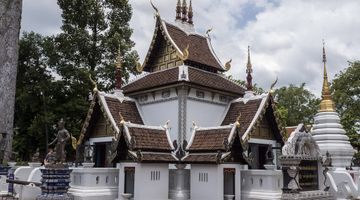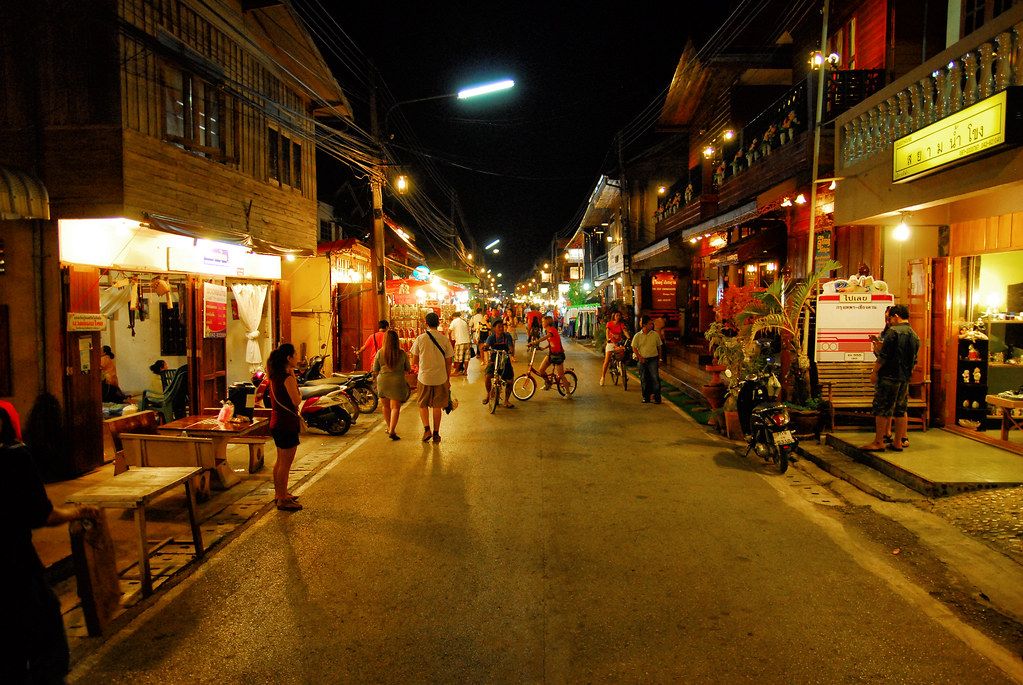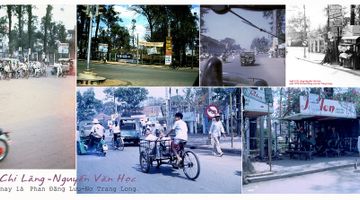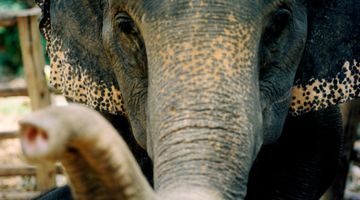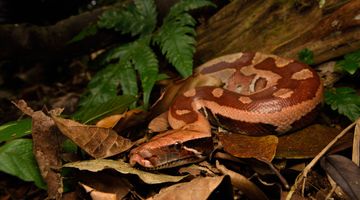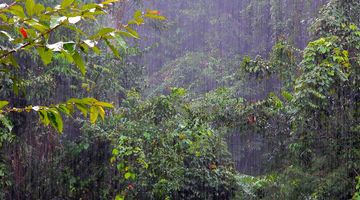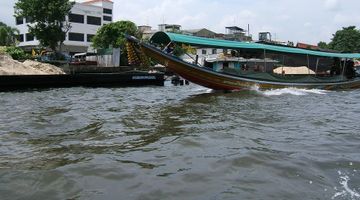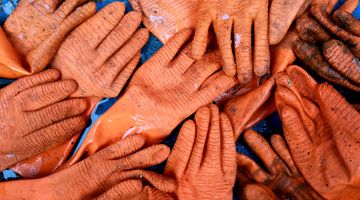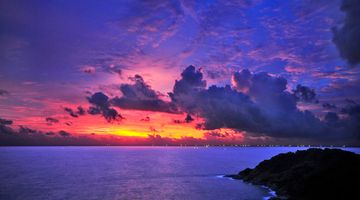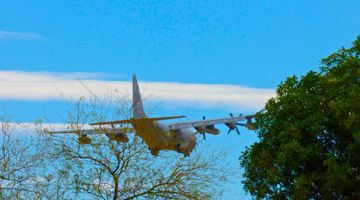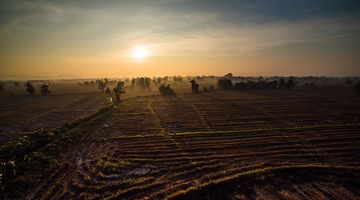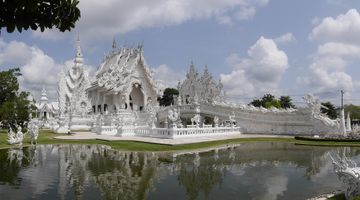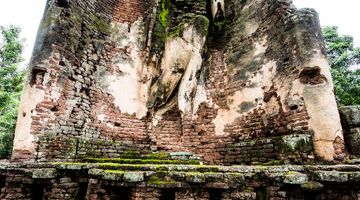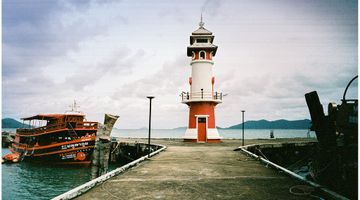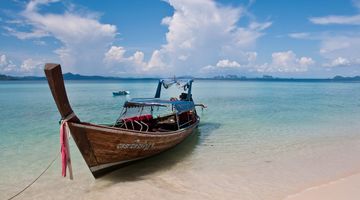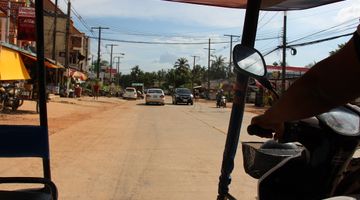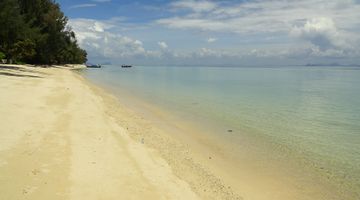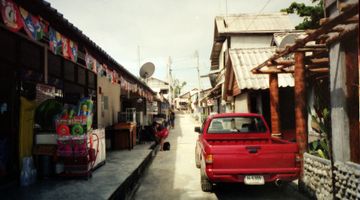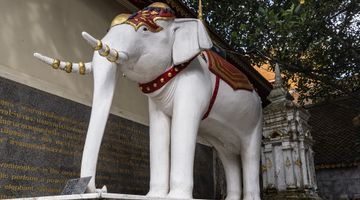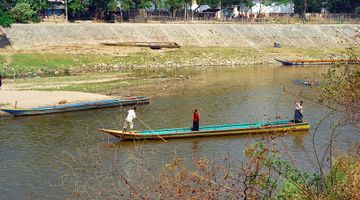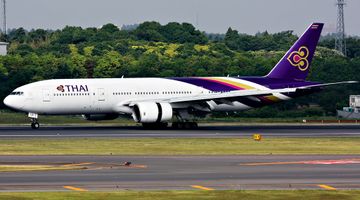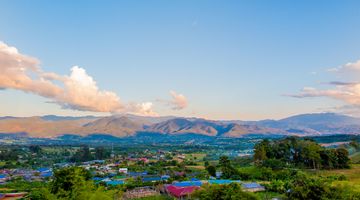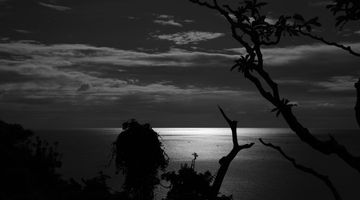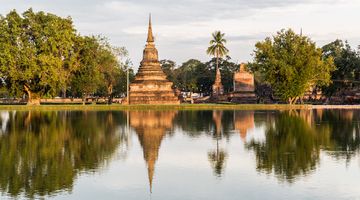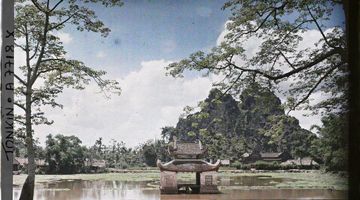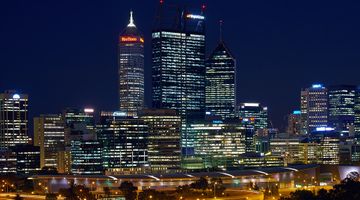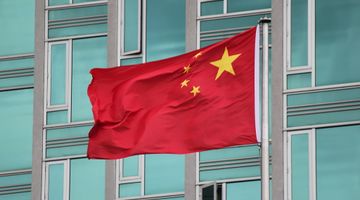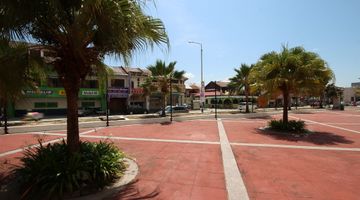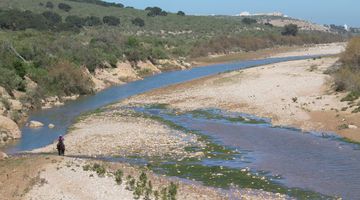Chiang Khan Travel Guide
In a nutshell
Imagine an old traditional town with picturesque wooden houses looking exactly like those century-old postcards from your grandmother’s photo albums and set in a beautiful spot along the majestic Mekong River, with impressive views over the mountains of Laos and spectacular sunrises and sunsets to enjoy with a coffee or a beer with your loved one and your photo camera. Imagine also the place absolutely tourist-free, living its slow life without that commercial rush of today; and you’ll have a good idea of what Chiang Khan used to be until few years ago.
Why go to Chiang Khan
But don’t worry –it’s not too yet late to visit the place since so far Chiang Khan is mainly popular only with domestic tourists and the majority of the travellers come for a weekend only, leaving on Sunday night and letting slow pace tourists enjoy the relaxing and magical atmosphere that this little town can still offer.
It will probably not take long before hoards of drunken western visitors flock to Chiang Khan and make it their new ‘’off the beaten track’’ mecca – as it happened with Pai and other similar destinations – so our recommendation is very simple; if you’re going to travel in Thailand in the next few years don’t miss the chance to spend a few nights in Chiang Khan before it’s too late.
When to go to Chiang Khan
Regardless the time of the year you decide to visit, try to avoid Chiang Khan on weekends and public holidays when it’s extremely overcrowded and packed with local tourists. During weekends it’s hard to find decent accommodation without booking in advance.
From November to February it is the dry season with a bit cooler temperature what makes walking around – the main activity in Chiang Khan – more pleasant and your sleep more comfy even without an air-con.
April is the hottest month of the year and if you can’t deal with high temperatures it is best to avoid it.
The rainy season goes from May till October, but for the most part of it a daily short shower will be a blessing more than a problem and the town is a lot quieter while the nature is at its best.
The worst month in terms of rain is August when it’s not uncommon to have longer storms that can easily ruin your holiday.
Where to stay in Chiang Khan
A growing number of guesthouses on Chai Khong Road offer more or less the same level of comfort – expect to pay roughly THB800/THB1000 for a nice air-conditioned room in a renovated old building. It is almost impossible to find anything cheaper than that on Walking Street at the moment but it’s a matter of time before backpacker style hostels or more affordable fan rooms with shared toilette will get fill this gap.
During the very low season it can be possible to get slightly better walk-in rates. Cheaper rooms are already available if you move away from Chai Khong Road (just a couple of blocks).
There is absolutely no offer in the up-market range, and this is probably not going to change any time soon since the historical old buildings are quite cramped inside and will hardly fit to host a luxury hotel room. Most probably some luxury options will appear in the vicinity of the village.
Where to eat in Chiang Khan
Chiang Khan is a food paradise for everyone for whom travel is inseparable from culinary adventure. There is great and cheap street food in Chiang Khan with a greater variety of options available compared to the usual chicken skewers, barbecue and pad thai that you can find in any night market in the country.
Food is there literally any time of the day and the main problem you can encounter is to choose what to taste.
More expensive upscale restaurants with fantastic views over Mekong can be found along the riverside. They offer quite similar menu and service. A few western options are available at some of the guesthouses on Chai Kong Road or at some restaurants outside the Walking Street.
How to get around Chiang Khan
Even if it’s quite long, the Walking Street got his name for a good reason and there’s no other way to enjoy it better than walking.
Bicycles are available for rent at any guesthouse (THB100 a day) for a nice ride along the riverside promenade or to reach those few attractions out of town. At the moment of writing there are no shops offering motorbikes rent and for longer distances a tuk-tuk is the only option available.
How to get to and from Chiang Khan
Bus is the only way to reach Chiang Khan. The bus stop is located at the junction of between Sri Chiang Khan Road and route 201 (the main road to Loei).
From Morchit station in Bangkok, there are daily departures to Chiang Khan (in the morning between 8am and 9am and in the evening between 8pm and 9pm). The trip takes up to 10 hours and the tickets cost THB470 and up. If you can’t find the correct counter at the terminal search for Kradueng Tour or Sun Bus. Heading back to Bangkok buses depart at 7.30am, 8am, 6.50pm and 8pm.
Many visitors choose to visit Chiang Khan after a stop in Loei, the provincial capital. From Loei a local non air-conditioned bus and several songthaews depart frequently (at least once every hour) and the rate is THB40 and THB30 respectively. Please refer to Loei main article to have more information about how you can get there and the possible destinations you can reach from Loei.
Some of the buses continue to Khorat after stopping in Loei. It is a convenient stop on your way to other Isaan provinces and a major transportation hub from where you can reach almost every destination in Thailand.
Double-check with your guesthouse the bus schedule since it’s quite common in Thailand, especially for remote destinations, to have a different timetable throughout the year.
Is Chiang Khan a safe destination to visit?
There’s not any specific danger to be aware of when visiting Chiang Khan. It is a quiet city with relatively few cars and no chances to ride a motorbike (the most common source of accident for foreigners in Thailand). Locals are getting more used to western tourists and basic English is widely spoken in every guesthouse making it easy to ask for help whatever you might need.
In case of emergency a small hospital is located in the eastern part of town between Soi 21 and 22.
